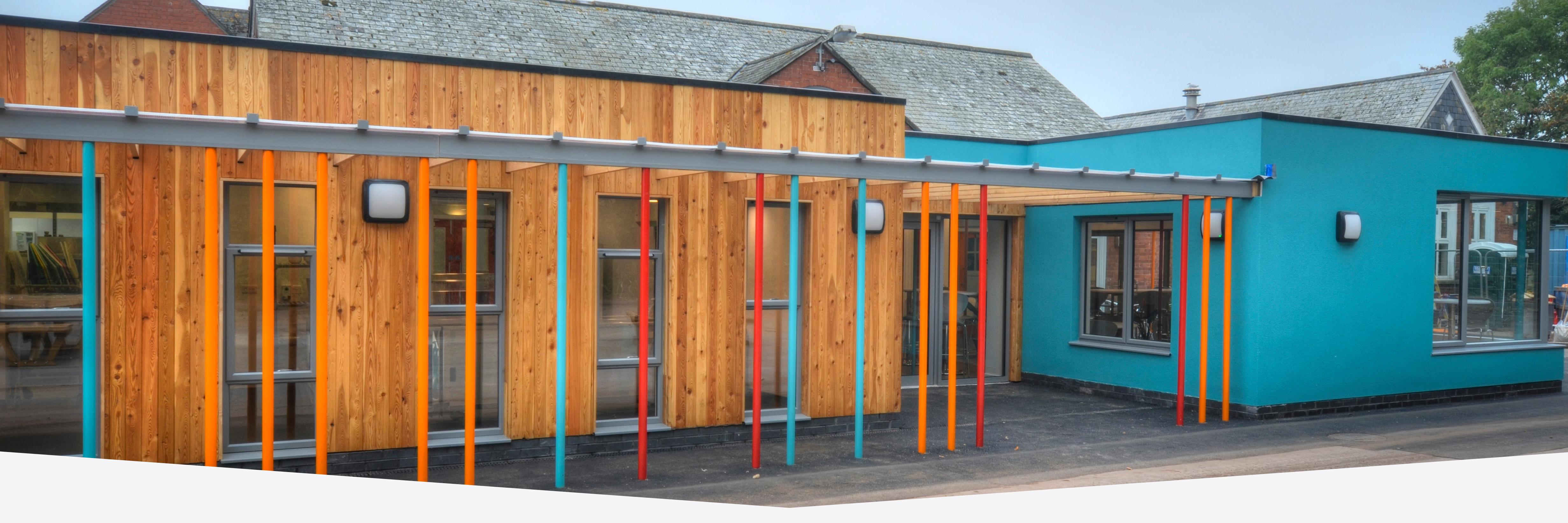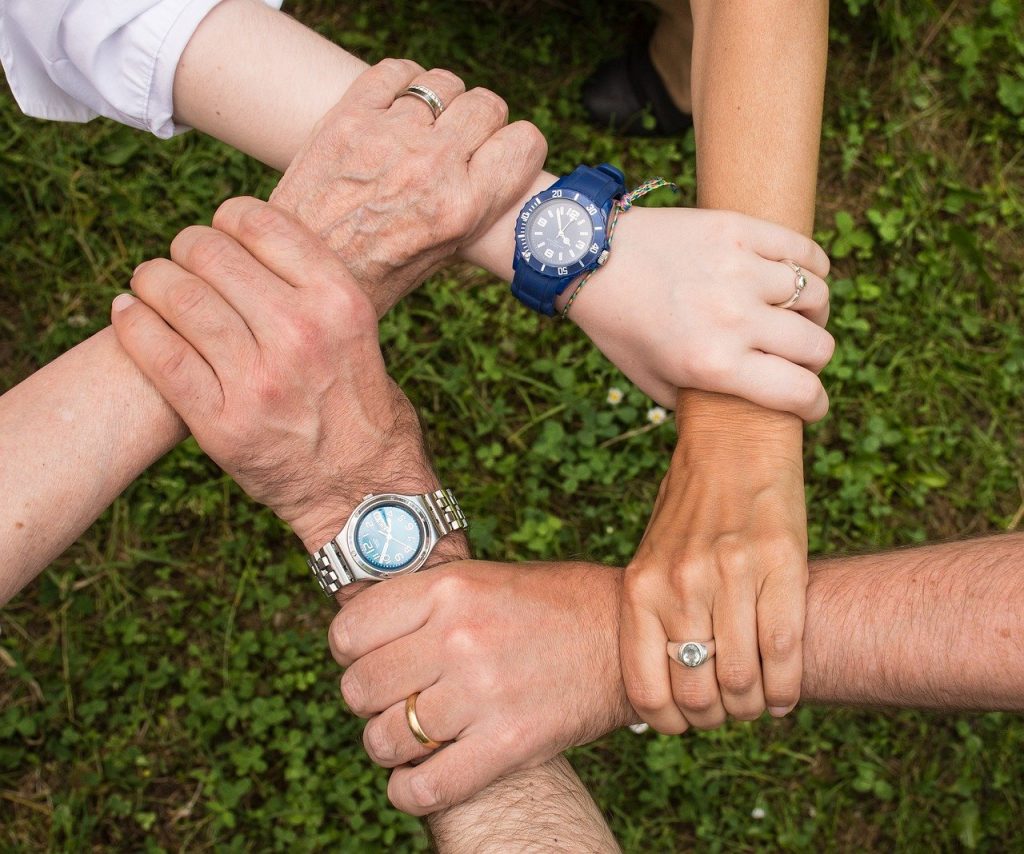Spiritual, Moral, Social and Cultural development (SMSC) is about everything we do at TCS, to help pupils build their own personal values, have positive relationships with others and become responsible young citizens in society. SMSC development supports pupils to be kind, thoughtful and caring and to be able to live and learn alongside people with different beliefs, cultures and lifestyles.
Our provision for pupils’ Spiritual, Moral, Social, Cultural and Emotional development (SMSC), builds on our values of our education. An important part of SMSC is to support our pupils to engage with British values of democracy, the rule of law, individual liberty and respect for different faiths and beliefs.
The importance of SMSC
Ofsted stresses the importance of SMSC. It’s part of the inspection framework. Clear guidelines were set out in the subsidiary guidance to inspectors published in April 2013 for inspectors to investigate the impact of the curriculum on pupils’ SMSC development.




